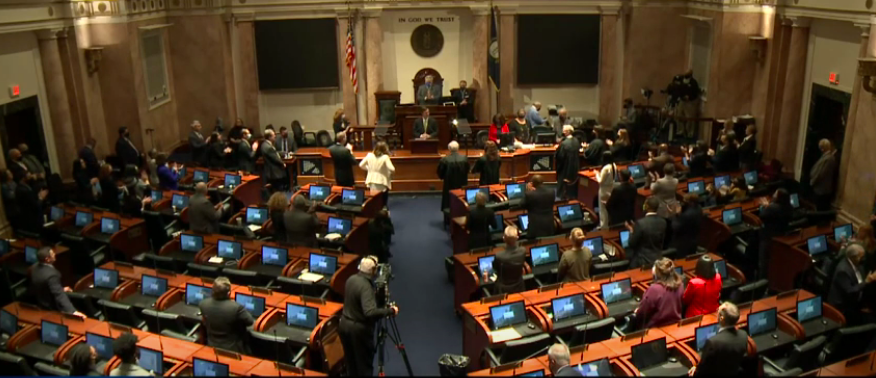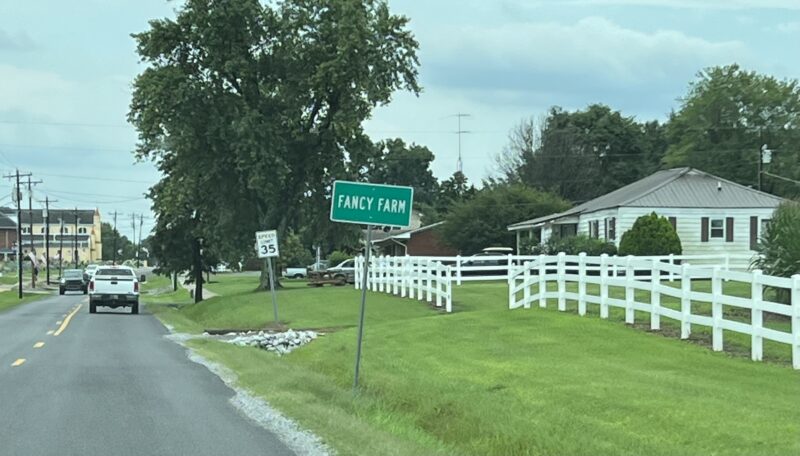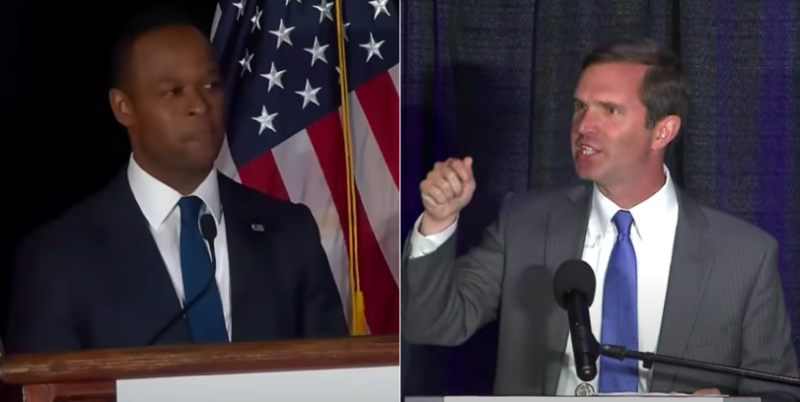By Gary W. Houchens, PhD
In a year where education has dominated headlines and figures prominently in state legislative proposals, Kentucky’s School-Based Decision-Making (SBDM) Councils are also under scrutiny, and rightly so. SBDM Councils are essentially unaccountable to the public but do vitally important work that is largely unseen by parents and ordinary citizens. It’s time to change that.
Senate Bill 1 passed the Kentucky Senate a few weeks ago and is waiting for review in the state House of Representatives. SB 1 returns all decision-making about school principal hiring to superintendents and also puts superintendents in charge of curriculum decisions, a power previously reserved to the SBDM Councils.
After 25 years working in the education system and watching SBDM Councils do their work, I can say for certain that they need reform. But a better idea than vesting all that authority in superintendents, who are only indirectly accountable to the public through the elected boards of education, is giving parents and the public an equal seat at the SBDM table and making their work more transparent.
Most Kentuckians are probably unaware of the work of SBDM Councils and their important responsibilities, which also include hiring school principals (with the superintendent serving as a Council member just for this purpose) and assigning personnel based on the staffing allocation received from the local board of education. They are also vested with sole responsibility for approving the school’s curriculum.
By and large SBDM Council members do their work with no fanfare and little appreciation. In my personal experience the teachers and parents who serve on councils work hard and sincerely want the best for students. In some schools parents have to be actively recruited (begged?) to run for Council.
But in most cases SBDM Councils tend to reinforce the status quo and operate according to the principal’s and teachers’ agendas. Parents, by statute outnumbered on councils by teachers, often lack the technical knowledge about how schools work and defer to teachers on key decisions.
Of greatest concern, non-parents have no representation on councils at all, despite their sizable responsibilities related to the deployment of public resources. If an SBDM Council wanted to adopt a controversial curriculum over widespread public opposition, there would be literally nothing the public – or the locally elected board of education – could do about it.
Senate Bill 1 addresses all of this by essentially making SBDM Councils powerless advisors to the school principal, and all of their most important functions would move to the district level where the superintendent would have final authority. And failing any other kinds of SBDM reforms, I support that move.
But superintendents are only as accountable to the public as the local boards of education make them. And as many voters have discovered over the last year when it came to mask mandates or addressing legitimate concerns about what is being taught in schools, local board members can be highly defensive and, especially in districts where they are controlled by teachers unions, utterly deaf to the voices of ordinary parents.
SBDM Councils have the capacity to be much more responsive to parents, but only if their basic power structure is changed. Lawmakers should consider changing SBDM law to give parents and equal number of seats on the Council as teachers hold and add another seat for a non-parent member of the community.
Additionally, the legislature should consider laws like those recently proposed in Wisconsin that would require schools to be transparent about instructional materials and lesson plans, making them available online for public review so that the Council’s most important job – approving what gets taught in local schools – is much more accountable to the public.
Neither SBDM reform nor instructional transparency will solve every problem in the education system, of course. But after a year of school shutdowns, unpopular mask mandates, and concerns about critical race theory and other poisonous ideologies appearing in students’ lessons, the public is more concerned about and engaged in local schools than ever before.
SBDM Councils could be a way for parents and the public to have a greater, more meaningful voice in schools. But only if they are fixed to make them truly accountable. Otherwise, superintendents need to have the power laid out for them in Senate Bill 1.
Gary W. Houchens, PhD, is professor of education administration in the School of Leadership and Professional Studies at Western Kentucky University. He served on the Kentucky Board of Education from 2016-2019.




 Login
Login  Must include at least 8 charaters
Must include at least 8 charaters



